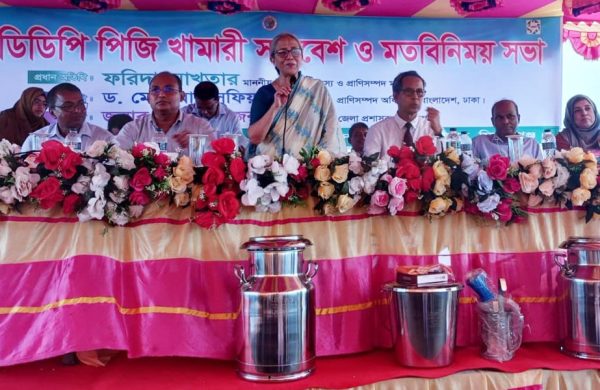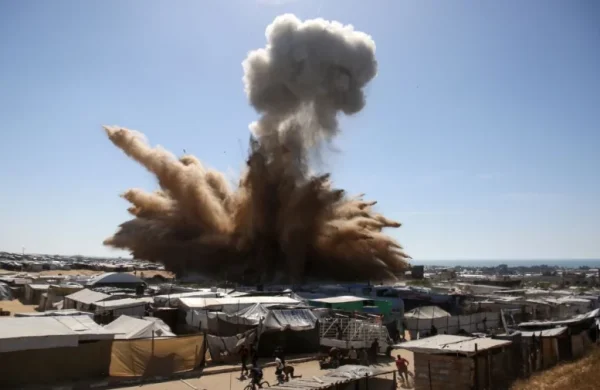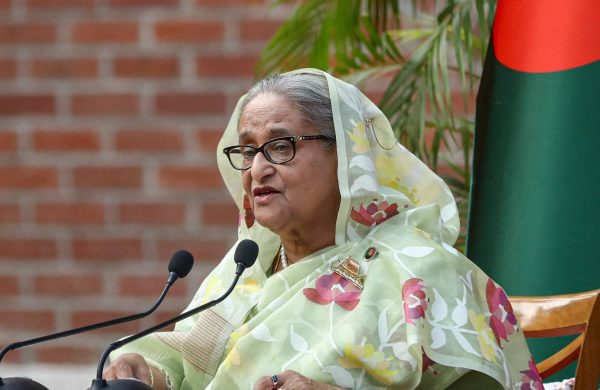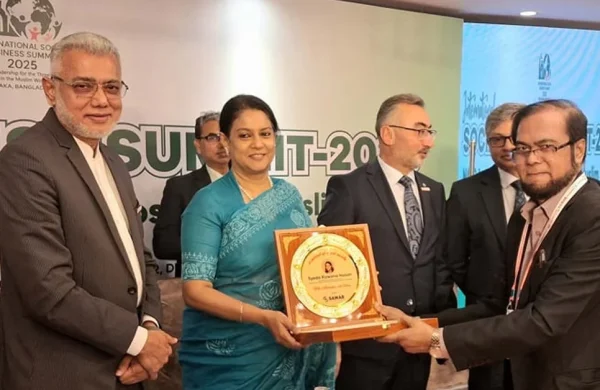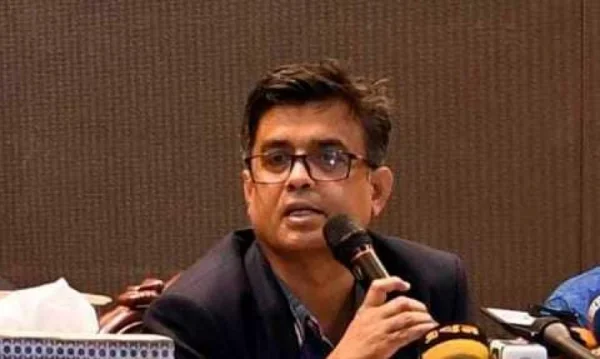The powers granted to army officers under executive magistracy
- Update Time : Wednesday, September 18, 2024
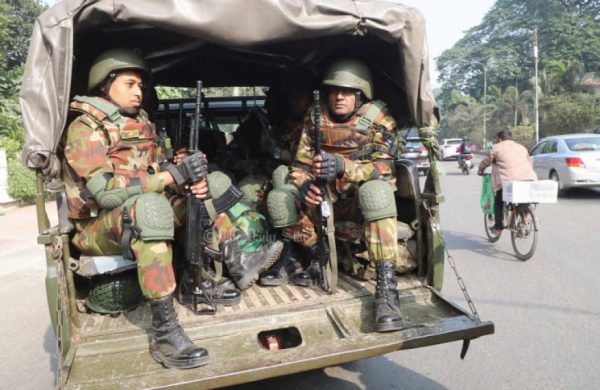
TDS Desk:
Commissioned officials of the Bangladesh Army have been given executive magistracy power, which will enable them to conduct search and, in the presence of designated officials, issue search warrants at any location
A gazette notification issued on Tuesday grants army officials these powers for a period of 60 days from the date of the announcement.
The notification states army officials granted with magistracy power will be able to consider offenses under various sections of the Code of Criminal Procedure, 1898, including Sections 64, 65, 83, 84, 86, 95(2), 100, 105, 107, 109, 110, 126, 127, 128, 130, 133, and 142.
Executive magistracy powers under the provisions
Section 64: The authority to arrest individuals committing offences in the magistrate’s presence or to issue arrest orders and detain them.
Section 65: The ability to arrest or issue orders for arrests in their presence, including the issuance of arrest warrants.
Sections 83/84/86: The power to authorise warrants or issue orders for the removal to court of accused individuals arrested under a warrant.
Section 95(2): The authority to search for and seize documents and other materials with the assistance of postal and telecommunication authorities.
Section 100: The power to issue search warrants for the appearance of wrongfully detained individuals.
Section 105: Authority to conduct direct search and issue search warrants for investigations at any location in their presence.
Section 107: Powers necessary to maintain peace and security.
Section 109: Authority to ensure the good behaviour of vagrants and suspicious individuals.
Section 110: Powers to ensure good behaviour in general.
Section 126: Authority to settle matters related to bail.
Section 127: Power to order the dispersal of illegal assemblies.
Section 128: Authority to employ civilian forces for the dispersal of illegal assemblies.
Section 130: Power to use military force to disperse illegal assemblies.
Section 133: Authority to issue orders to control local disturbances in specific situations.
Section 142: Power to issue immediate orders to address public disturbances.
In addition to the aforementioned powers, any executive magistrate is authorised to conduct mobile courts under the Mobile Court Act-2009, as granted by the government and the district magistrate.


